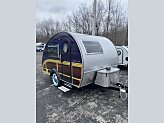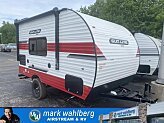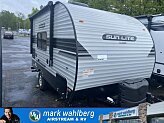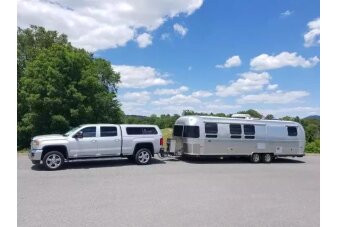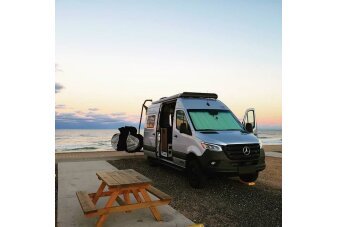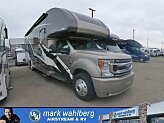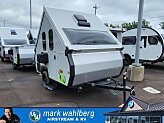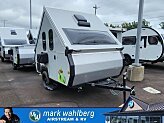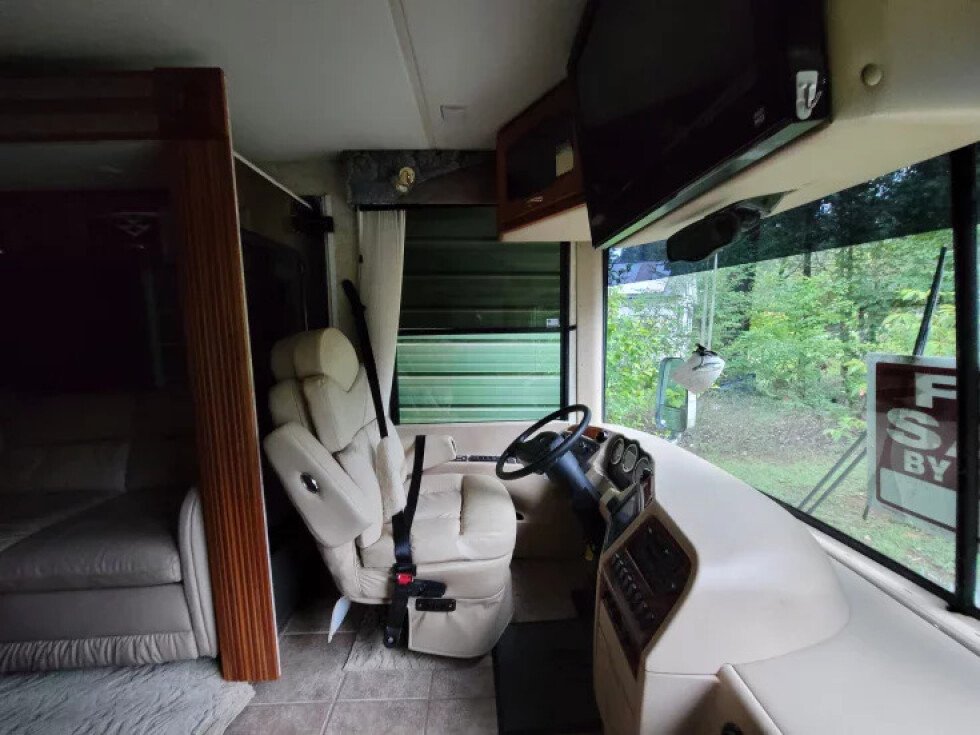Do you need a special license to drive an RV?
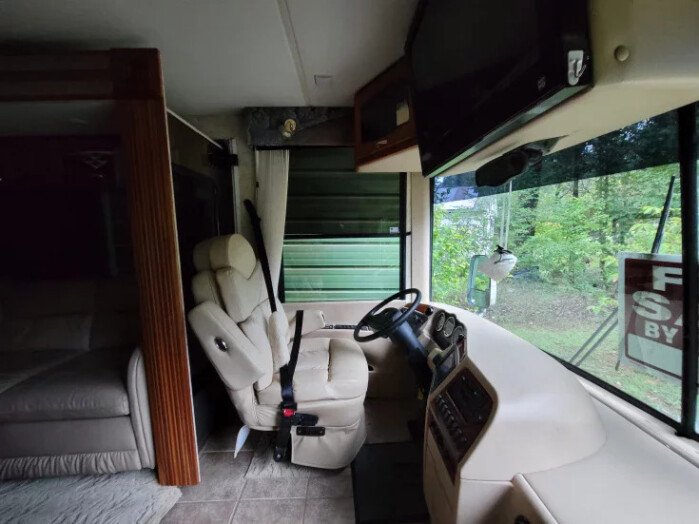
Table of Contents
- Do You Need a Special License to Drive an RV?
- What are the Different RV Classes?
- What Are the Different Types of Driver's Licenses?
- Commercial vs. Non-Commercial Driver Licenses
- States That Do Not Require a Special Driver’s License to Drive an RV
- States That Require a Special Driver’s License to Drive an RV
- What if I Want to Drive an RV into Mexico and Canada?
- Frequently Asked Questions About RV License Requirements
Recreational vehicles (RVs), or motorhomes, come in many shapes and sizes. They inspire visions of family road trips and cross-country adventures. But did you know that driving an RV can require a special license?
If you're a fan of road trips, there's a good chance you've dreamed of taking your RV on a cross-country journey. But do you know what it takes to drive an RV? Do you need any special licenses or permits?
In this article, we'll answer all your questions about driving an RV and tell you what to expect when doing so. Keep reading to learn more!
What are the Different RV Classes?
Whether or not you'll need a special license to drive your RV depends on the weight and size of your vehicle. Legislation may also vary by state. Let's start by looking at the various RV sizes. RVs can be broadly classified into three different classes: Class A, Class B, and Class C.
Class A RVs are the largest and most luxurious of the bunch. They're usually built on truck or bus chassis and range from 22 to 45 feet in length.
Class B RVs are also called campervans, and usually built on a van chassis. They range from 16 to 22 feet in length. Despite their name, they are smaller than both Class A and Class B RVs, making them more maneuverable.
Class C RVs are built on a truck or van chassis and usually have an overhang over the cab used as additional sleeping space or storage. Class C RVs typically range from 20 to 32 feet in length and weigh under 26,000 pounds.
What Are the Different Types of Driver's Licenses?
Now that we know the different types of RVs, let's look at the different driver's licenses.
There are two main types of driver's licenses: regular and commercial driver's licenses (CDL). A standard license allows you to drive personal vehicles, while a commercial license allows you to drive vehicles used for business purposes.
However, there are different types of commercial licenses, depending on the weight and size of the vehicle you'll be driving. If you see a pattern here, you're not wrong! The type of license you'll need to drive your RV depends on the size and weight of your vehicle.
The main types of commercial licenses are Class A, B, and C. As you might have guessed, these correspond to the different classes of RVs!
Commercial vs. Non-Commercial Driver Licenses
Class A Commercial License
A Class A license is required to drive any vehicle with a gross combination weight rating (GCWR) of 26,001 or more pounds, provided the trailer being towed is heavier than 10,000 pounds.
The GCWR is the weight of the fully-loaded vehicle, including passengers, cargo, and fuel. You may also need a Class A license if you're driving a vehicle transporting hazardous materials.
Common examples of vehicles that require a Class A license are 18-wheelers, tanker trucks, and livestock carriers. Note that if you have a Class A license, you can also drive vehicles in Classes B and C.
Class B Commercial License
A Class B license is required to drive any vehicle with a GVWR of 26,000 or more pounds or any such vehicle towing a trailer weighing less than 10,000 pounds.
Common examples of vehicles that require a Class B license are large city buses, dump trucks, large box trucks, and some tow trucks. If you have a Class B license, you can also drive vehicles in Class C.
Class C Commercial License
Finally, a Class C license is required to drive any single vehicle or combination of vehicles that do not meet the definition of Class A or B but are designed to transport 16 or more passengers (including the driver) or carry hazardous materials.
For example, a Class C license is required to drive a school bus, large passenger van, or certain company trucks.
Non-Commercial Driver’s License
In many states, a separate category of heavy vehicle licenses exists for non-commercial vehicles, such as RVs. RVs are often too heavy to be classified as regular passenger vehicles, but they're not used for commercial purposes.
Non-commercial licenses generally correspond to the different classes of RVs. For example, in California, you need a Class A non-commercial license to drive an RV weighing over 10,000 pounds.
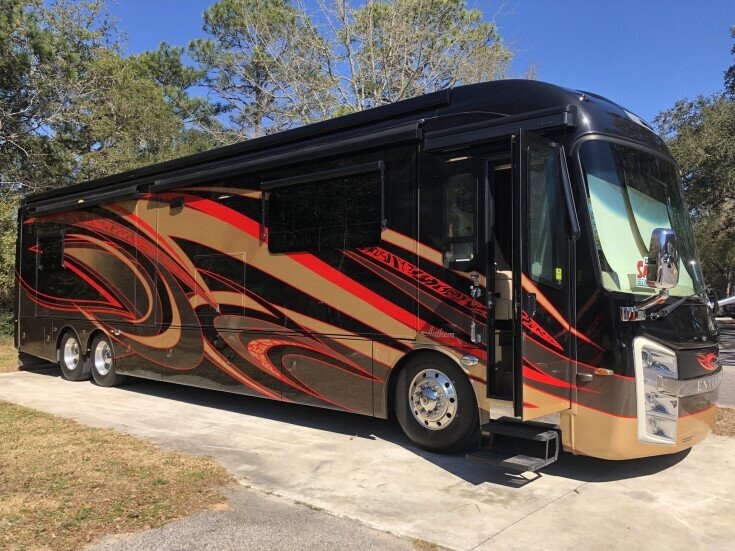
States That Do Not Require a Special Driver’s License to Drive an RV
Most states do not require a CDL to drive an RV in the US. As long as your RV weighs under 26,000 pounds and you have a regular driver's license, you should be good to go! This also applies to travel trailers or fifth wheels as well. Here is a list of states that do not require a CDL to drive an RV as of 2022.
- Alabama
- Arizona
- Arkansas
- Colorado
- Connecticut
- Delaware
- Florida
- Georgia
- Idaho
- Indiana
- Iowa
- Kentucky
- Louisiana
- Maine
- Massachusetts
- Michigan
- Minnesota
- Mississippi
- Missouri
- Alaska
- Montana
- Nebraska
- New Hampshire
- New Jersey
- North Carolina
- North Dakota
- Ohio
- Oklahoma
- Oregon
- Rhode Island
- South Dakota
- Tennessee
- Utah
- Vermont
- Virginia
- Washington
- West Virginia
States That Require a Special Driver’s License to Drive an RV
Conversely, a few states have special license requirements to drive an RV. These requirements can change from year to year so be sure to check with your state’s DMV just to be sure. In 2022, these states are:
| State | Special License Requirement |
|---|---|
| California | Vehicles weighing above 10,000 pounds and used for non-commercial purposes require a non-commercial class A license. There is also a safety inspection, a skills test, a driving test, and a health examination required. |
| Hawaii | Non-commercial Class B license for vehicles over 26,000 lbs |
| Illinois | Non-commercial Class B for RVs weighing more than 16,000 lbs |
| Kansas | Non-commercial Class B license for vehicles over 26,000 lbs |
| Maryland | Non-commercial Class B license for vehicles over 26,000 lbs |
| Nevada | Non-commercial Class A or B license |
| New York | Class D or Class E non-commercial license with an R (Recreational) endorsement for RVs weighing more than 26,000 lbs |
| New Mexico | Class E (CDL Exempt) license |
| Pennsylvania | Non-commercial Class B motorhome license for vehicles over 26,000 |
| South Carolina | Class E driver's license for vehicles over 26,000 lbs |
| Texas | Non-commercial Class A or B license for vehicles over 26,000 lbs |
| Washington D.C. | CDL is required for motorhomes for vehicles over 26,000 lbs |
| Wisconsin | A CDL is required if the RV is longer than 45 feet |
| Wyoming | Non-commercial Class C license for vehicles over 26,000 lbs |
What if I Want to Drive an RV into Mexico and Canada?
Road tripping for long enough will eventually lead you to Canada or Mexico. If you want to bring your RV along for the ride, there are a few things you need to know.
Driving an RV into Canada
The main thing you need to drive an RV in Canada is your valid US driver's license. You also need to have your RV registration and proof of insurance with you. The only instance where you might need a different license is if you have air brakes on your RV. If this is the case, you'll need an Air Brake Endorsement on your license.
Driving an RV into Mexico
Driving an RV in Mexico is a bit more complicated than going to Canada. You need to get a Temporary Importation Permit for your RV, which you can do at any Mexican consulate or at the border.
You also need to have your driver's license, registration, and proof of insurance with you. You'll also need to get an FMM or Foreigner's Migration Form. This tourist visa allows you to stay in Mexico for up to 180 days.
If you're planning on driving an RV in Mexico, it's a good idea to get Mexican auto insurance. US insurance companies aren't valid in Mexico, so you'll need to find a Mexican company that offers RV insurance.
Published May 25th, 2022
Frequently Asked Questions About RV License Requirements
-
Do you need a special license to drive an RV?
In most U.S. states, you can use your regular, standard driver’s license to drive either a Class A, Class B or Class C RV if the total gross weight of the motorhome is under 26,000lbs. Usually, if a vehicle weighs more than 26,000 lbs a commercial driver’s license is required. There are some individual states which have exceptions to this rule. -
What license do you need to drive a Class A RV?
You can use your regular, standard driver’s license to drive a Class A RV if it has a gross combination weight rating of under 26,000 lbs. -
Which states do not require a commercial driver’s license (CDL) to drive a RV?
These states do not require a CDL to drive an RV as of 2022:
- Alabama
- Alaska
- Arizona
- Arkansas
- Colorado
- Connecticut
- Delaware
- Florida
- Georgia
- Idaho
- Indiana
- Iowa
- Kentucky
- Louisiana
- Maine
- Massachusetts
- Michigan
- Minnesota
- Mississippi
- Missouri
- Montana
- Nebraska
- New Hampshire
- New Jersey
- North Carolina
- North Dakota
- Ohio
- Oklahoma
- Oregon
- Rhode Island
- South Dakota
- Tennessee
- Utah
- Vermont
- Virginia
- Washington
- West Virginia
-
Which states require a special license to drive an RV?
As of 2022, the following states have unique requirements to drive an RV. Most of the states below require a special license if the RV weighs more than 26,000 lbs or if the RV is longer than 45 feet, but there are some exceptions. Check with your state’s DMV since these laws can change from year to year.
- California
- Hawaii
- Illinois
- Kansas
- Maryland
- Nevada
- New York
- New Mexico
- Pennsylvania
- South Carolina
- Texas
- Washington D.C.
- Wisconsin
- Wyoming
-
What license do you need to drive an RV in California?
As of 2022, vehicles weighing above 10,000 pounds and used for non-commercial purposes require a non-commercial class A license in the state of California. There is also a safety inspection, a skills test, a driving test, and a health examination required. -
Can I drive my RV into Canada?
Yes. The main thing you need to drive an RV in Canada is your valid US driver's license. You also need to have your RV registration and proof of insurance with you. The only instance where you might need a different license is if you have air brakes on your RV. If this is the case, you'll need an Air Brake Endorsement on your license. -
Can I drive my RV into Mexico?
Yes, but there are some special requirements. You’ll need to get a Temporary Importation Permit for your RV, which you can do at any Mexican consulate or at the border. You’ll also need to have your driver's license, registration, and proof of insurance with you and a Foreigner’s Migration Form (FMM) which is like a tourist visa allowing you to stay in Mexico for up to 180 days. Lastly, it's a good idea to get Mexican auto insurance since US vehicle insurance isn’t valid in Mexico. -
Can you drive an RV with a regular license?
Yes. In most U.S. states, you can use your regular, standard driver’s license to drive either a Class A, Class B or Class C RV if the total gross weight of the motorhome is under 26,000 lbs. There are some individual states with unique exceptions.
